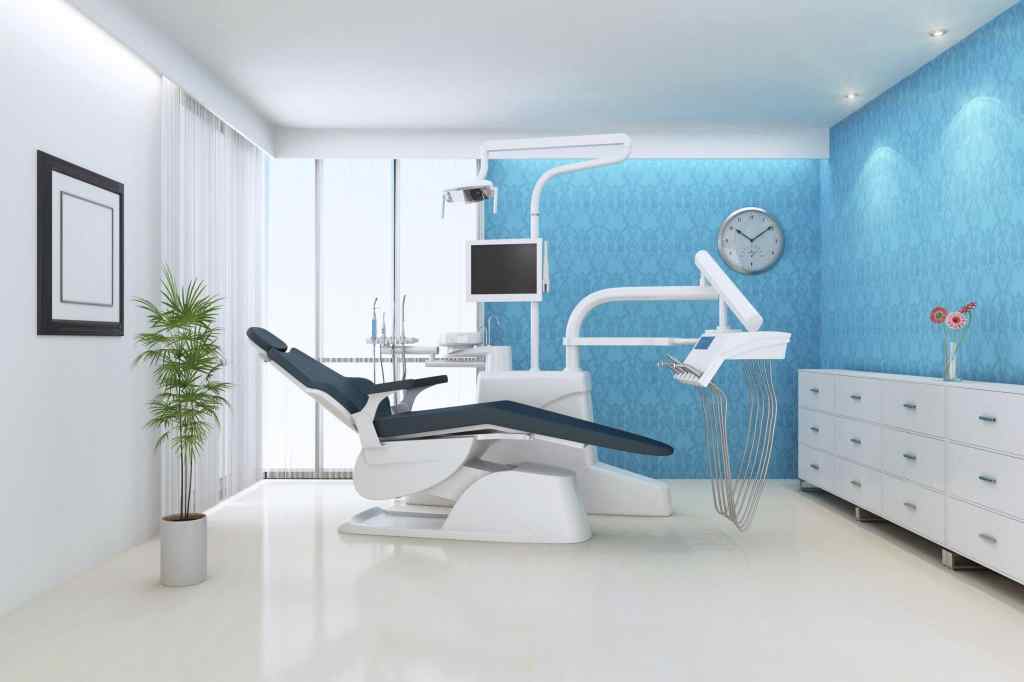You’ll never be short of excuses when it comes to avoiding the dentist, well you’re not alone. From the cost of dental care to being afraid of the dentist and not being able to schedule a convenient dental appointment, there are a million reasons why people don’t go to the dentist.
How is oral health linked to overall health?
Despite how tempting it is to avoid the dentist, the reality is that it’s not advised. By skipping the recommended twice annual dental checkups, you allow minor oral concerns to fester into more costly and painful oral concerns. Additionally, researchers have proven correlations between poor oral health and a wide range of diseases. So, what diseases is oral health linked to? Cardiovascular disease, dementia, respiratory infections and diabetic complications are just some of the diseases that can arise from having poor oral hygiene. This is because the bacteria in your mouth likes to travel (especially enter your blood stream), multiply and then cause complications in other areas of your body if given the opportunity.
Despite all of the oral and general health concerns that can arise from poor oral hygiene, many Americans still avoid going to the dentist every year.
How many people are avoiding the dentist?
Every year, the Centers for Disease Control and Prevention’s (CDC) National Center for Health Statistics (NCHS) conducts a National Health Survey. The survey analyzes data collected by the U.S. Census Bureau regarding tens of thousands of American’s physical and mental morbidities, as well their health and wellness behaviors.
In 2014, survey respondents were asked, “About how long has it been since you last saw or talked to a dentist?” After analyzing the data, the 2015 National Health Survey found that:
- 83% of children aged 2-17 had a dental visit in the past year
- 62% of adults aged 18-64 had a dental in the past year
- 4% of adults 65 and older had a dental visit in the past year
Ways to avoid the dentist longer
If you don’t want to see the dentist more often than you need to, put these practical and easy at-home dental care tips into practice today.
Practice good oral hygiene. We’ve all heard it, but what does it mean? Brush your teeth and your tongue morning and night for two minutes using a soft-bristled toothbrush and fluoride toothpaste. Use your smartphone timer next time you brush to help you get into the habit of doing so for two minutes. And just as importantly, don’t forget to floss every day.
“Proper flossing involves wrapping the floss in a ‘c-shape,’ and covering as much surface area of the tooth as possible. You should cover about half the diameter of the tooth from each angle. Make sure to move the floss up and down along the outer surface and under the gum tissue,” says Dr. Ann Laurent of Dr. Ann Laurent’s Dental Artistry. “This way, the floss will clean plaque from both the outer and inner surfaces of your teeth, as well as beneath the gum tissue.”
Avoid tobacco. Most people realize that tobacco can cause cancer, but what does it do to your oral health? Did you know that 50% of smokers have gum disease, and are twice as likely to lose their teeth when compared to non-smokers. Additionally, tobacco users are at greater risk of developing cavities, needing root canals and having a slower healing process after oral surgery or an oral injury.
Stay away from soda. Sugar, in general, is like a feast for oral bacteria, specifically mutans streptococci. These bacteria live on the sugar in your mouth and produce tooth-eating acid that can dissolve teeth enamel and cause cavities. If you’re going to indulge in a sugary and fizzy drink, rinse your mouth with water afterward to help cut the acid.
Avoid using your teeth as tools. It sounds easy enough but how often do we use our teeth to tear open a package, to bite our nails, to chew on pens, or to hold random objects that don’t fit in our hands? Our teeth aren’t scissors, nail clippers, bottle openers or a shelf to hold things until our hands are free. Using your teeth as tools put them and any dental work you have at risk for chipping and cracking, which are costly to repair and painful.
Don’t make excuses to avoid the dentist
We’ve given you some at-home dental care tips. These tips can help you preserve your teeth and avoid needing to see the dentist more often than you’d like. But, it’s still important that you go to the dentist for a checkup twice a year.If you’re one of the people who haven’t been to the dentist recently as reported by the National Health Survey, schedule a dental checkup today.
You can get affordable dental care through a dental savings plan. For a nominal plan membership fee, you can save 15% to 50% on most dental procedures at more than 100,000 dentists nationwide. Plus, there’s no annual spending limit or waiting period before you can get the care you need. Your dental savings plan will be activated within 72 hours, and you can use it immediately and as often as you wish to save at the dentist.
